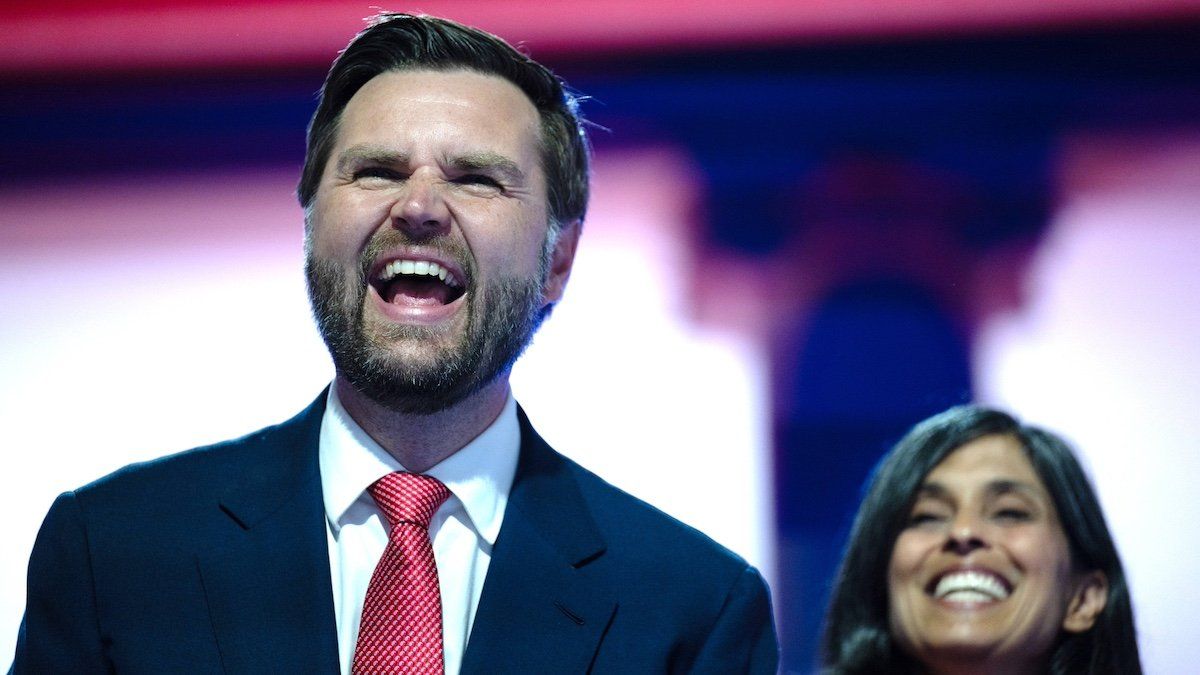On July 15, Donald Trump announced that he has selected JD Vance as his running mate. Vance, the junior senator from Ohio, rose to prominence after publishing his memoir “Hillbilly Elegy,” but his humble roots took him first to Yale Law School and then to the world of venture capital. He’s hailed as a politician with strong ties to Silicon Valley, and also as a politician fiercely critical of Big Tech. “What do you get when you cross a tech bro with a luddite?” Eurasia Group's Jon Lieber responded when we asked him to summarize Vance’s views.
This apparent contradiction is further highlighted by Vance’s recent statements on artificial intelligence. He has advocated for reduced regulation of the AI sector, and has claimed that tech companies’ focus on existential risks of AI are a lobbying tactic to elicit friendlier regulations.
He also shows a surprising regard for FTC chair Lina Khan’s leadership on antitrust enforcement under Joe Biden, saying that Khan has been “doing a pretty good job” especially in bringing suits against bloated tech companies. Khan notably supports AI regulation.
“I would assume someone who puts the concerns of working people and families first and foremost in his policy orientation would be relatively hostile to specific policies that accelerated the adoption of disruptive technologies,” Lieber notes. “But on the other hand, I would also think this will result in only a limited number of policies that actually attempted to curtail them.”
Lieber suggests that Vance's policy focus might include “restrictions on minors’ access to social media, data privacy rules, and investigations into tech companies for monopolistic practices.” He sees Vance as fundamentally opposed to centralized power, which could have mixed implications for AI innovation.
“This could be either good for AI innovation if you think it will happen in a decentralized way, or bad for AI innovation if you think it can only come from large incumbents with massive resources to spend on energy, compute, etc.,” Lieber said.
Some of Vance’s contradictions may become clearer over time, but they could easily be dwarfed by the whims and policy goals of Trump.
